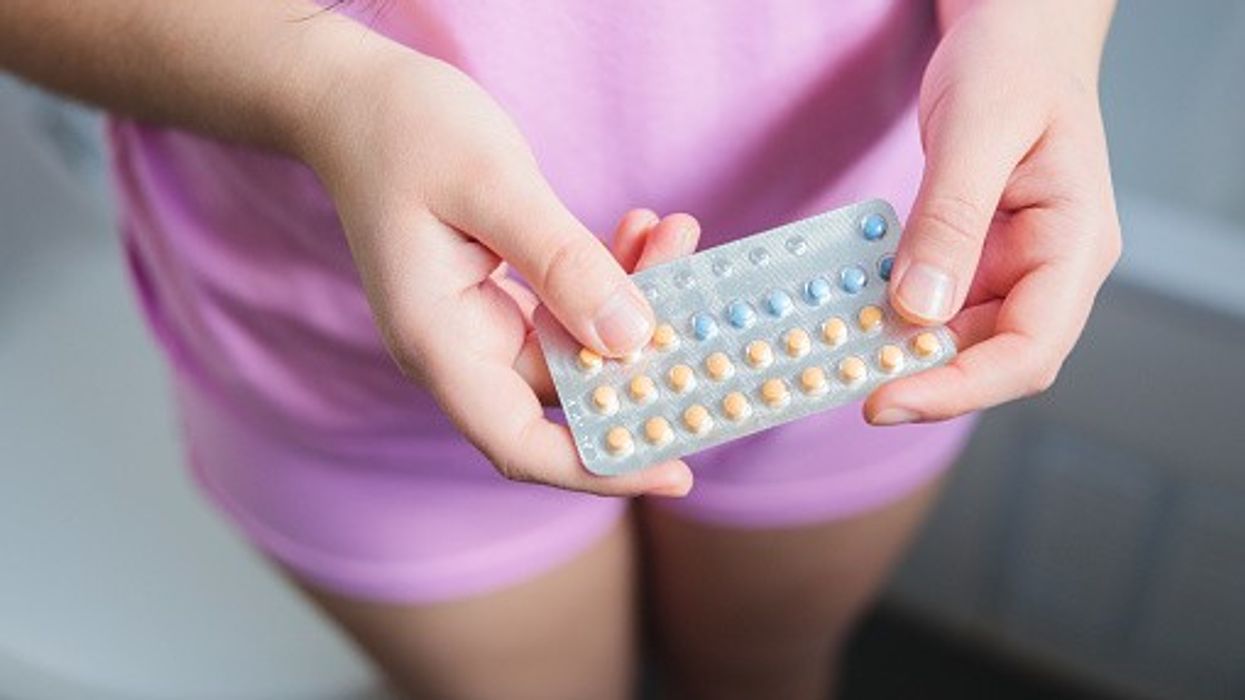The UK government has announced that, for the first time ever, the ‘morning-after pill’ or emergency contraceptive pill will be available free of charge at pharmacies on the NHS, ending the postcode lottery women face in accessing the medicine and reducing inequalities.
The Department of Health and Social Care (DHSC) has confirmed a record £3.073 billion funding package for community pharmacies in 2025/26, alongside an additional £215 million to sustain Pharmacy First and other Primary Care Recovery Plan services.
The investment aims to expand pharmacy services, shifting more care from hospitals into the community to improve patient access and reduce GP pressures.
From October 2025, Emergency Hormonal Contraception (EHC) will be added to the Pharmacy Contraception Service (PCS).
In a letter to community pharmacy contractors, the department emphasised that this expansion will “allow all community pharmacies across England to maximise the service’s benefits by initiating a patient on oral contraception as part of an EC consultation and claim payment for both services.”
The fee for an EC consultation will be £20.
Additionally, under the PCS, the fee for both initiation and continuation consultations will increase from £18 to £25.
Additionally, the government has agreed to allow pharmacy technicians to deliver Patient Group Directions (PGDs), enabling the supply of drospirenone for contraception.
Nick Kaye, chair of the National Pharmacy Association (NPA), welcomed the announcement, stating: "We've long called for national commissioning of emergency contraception so this is good news for patients and pharmacies alike.”
"For too long, access to free services has been a postcode lottery for patients, with local arrangements only existing in certain parts of the country and often being underfunded.
"Pharmacies are under enormous pressure amid the impact of record cuts to their budgets, so it is important any scheme fully reimburses them for this work."
The Royal Pharmaceutical Society (RPS), which has long advocated for the provision of free emergency contraception through community pharmacies in England to align with counterparts in Scotland and Wales, is pleased this will now become a reality.
"Reducing disparities in access will lead to better health outcomes, empower women with greater choice and help reduce health inequalities," saidTase Oputu, chair of RPS England.
All pharmacists and registered pharmacy professionals providing emergency contraception will be required to complete CPPE Emergency Contraception training.
Health Minister Stephen Kinnock reiterated that community pharmacists are “at the heart of local healthcare” and emphasised the government's commitment to expanding their role as part of the Plan for Change, shifting care from hospitals into the community.
“This package of record investment and reform is a vital first step to getting community pharmacies back on their feet and fit for the future.
“The agreement shows how this government is working in partnership with community pharmacy to deliver more care for patients closer to their home, freeing up GP appointments, and catching ill-health earlier and preventing it in the first place,” he said.













